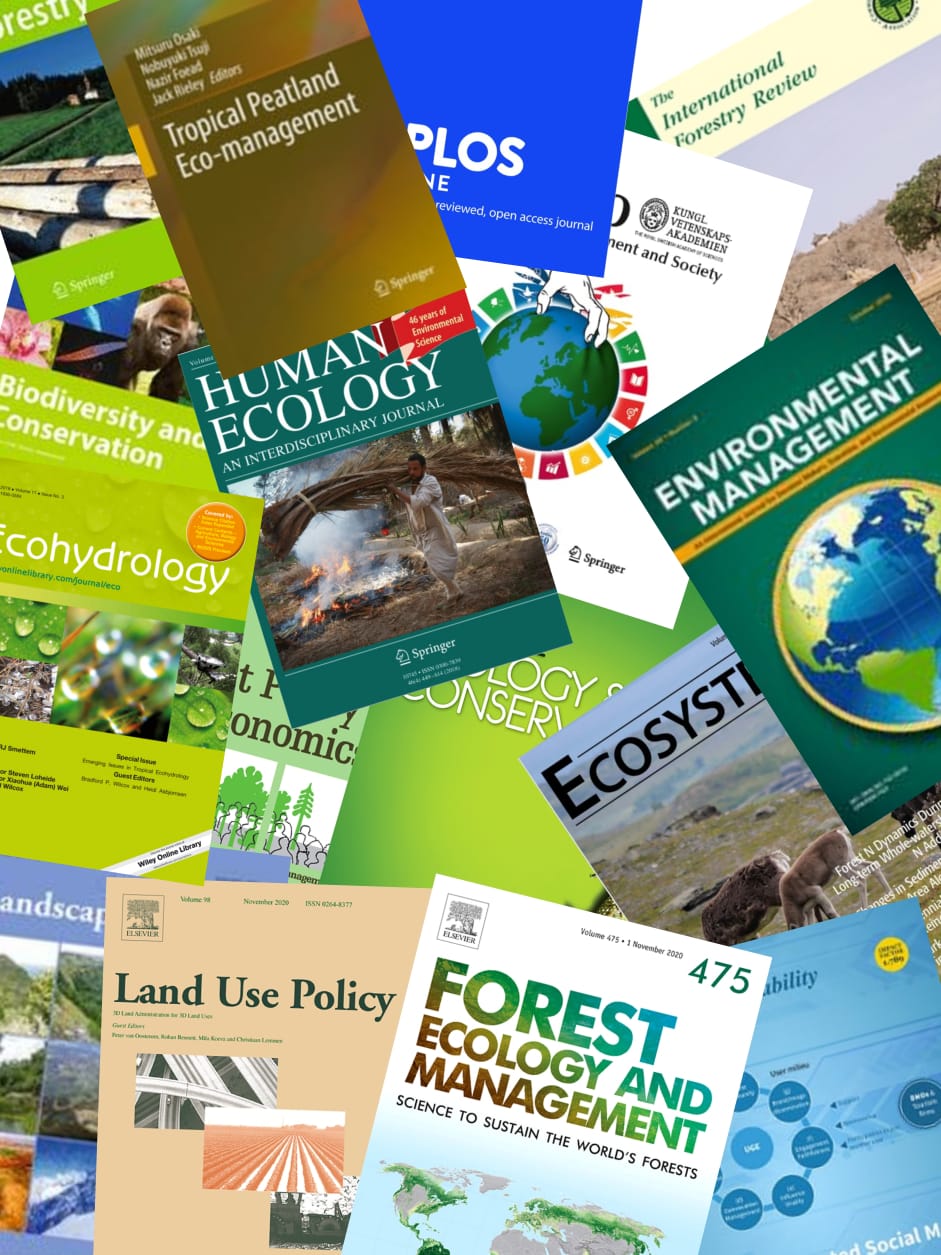This paper examines the political intricacies inherent in the management of Southeast Asia's transboundary haze pollution. It argues for a scalar perspective in understanding the complexities of the haze problem. The so-called 'inconvenient truth' is unravelled by teasing out some issues in the national and regional political ecologies, and the challenges of synchronising co-operation at the national, regional and global scales. Discussion shows that the 'environment' takes on different meanings at each scale, and both Indonesia and the Association of Southeast Asian Nations (ASEAN) need to recognise this in order to engage more effectively with the transboundary environmental issue. Specifically, inadequate management of forest resources in Indonesia, ASEAN's principle of 'non-interference' and a lack of a holistic ecosystem perspective are amongst some of the interconnected issues addressed. The paper calls for a greater awareness of structural weaknesses in the management of forest resources and a change in ASEAN's environmental paradigm to a more holistic ecosystem perspective that prioritises not just environmental and human health, but also a healthy and sustainable ecosystem.
View source

